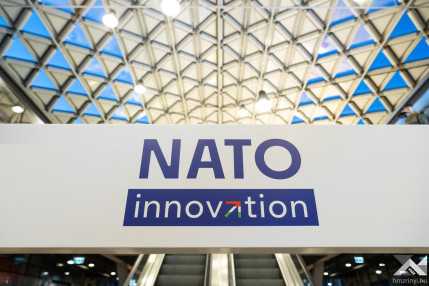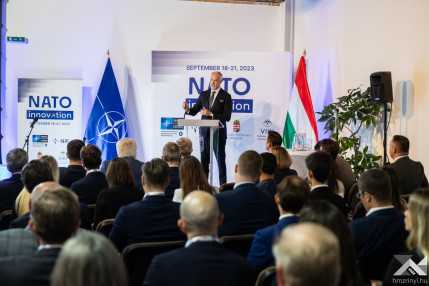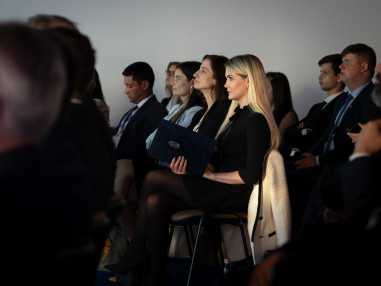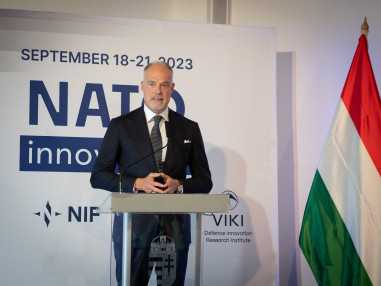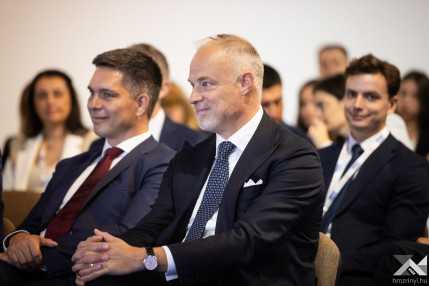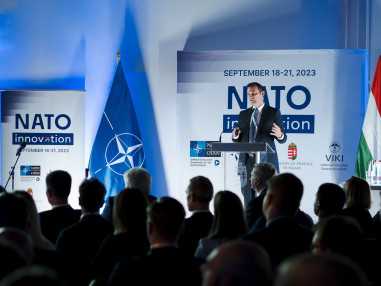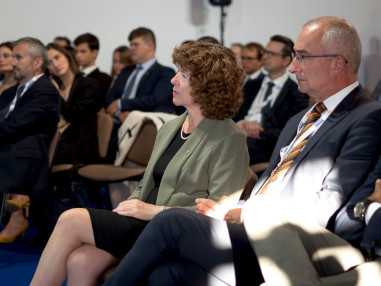Hungary’s defence innovation ecosystem in focus
Text: Eszter Bányász | Photo: Sztaniszláv Horváth, Gábor Kormány | 16:27 September 22, 2023Between 18–22 September, the NATO Innovation Fund (NIF) and the NATO Defence Innovation Accelerator for the North Atlantic (DIANA) are holding their conferences in Hungary in the framework of the NATO Innovation Week in Bálna Defence Centre, Budapest.
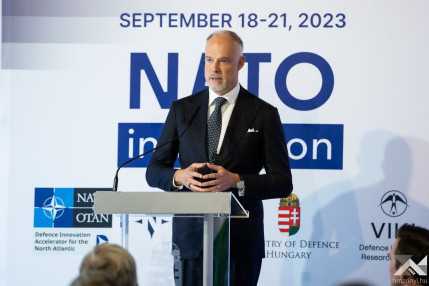
Speaking on the second day of the event series as chief patron of the NATO Innovation Week co-organized by the Ministry of Defence and the Defence Innovation Research Institute Nonprofit Ltd (VIKI), Defence Minister Kristóf Szalay-Bobrovniczky emphasized that we are now witnessing a wonderful – and at once, quite protracted – “moment” of defence industry in Hungary. He pointed out how significant it was that they had to transform an almost non-existent armed forces that had been eroding for decades into a modern, high-tech force with NATO-compatible capabilities and military equipment.
As he noted, the government of Hungary considers it highly important that a strong defence industrial system be built in Europe, and it has already taken this position before the outbreak of the war. The minister of defence added that we have managed to establish very stable and strong strategic partnerships, including our cooperation with NATO partners.
In closing his words of welcome, Kristóf Szalay-Bobrovniczky emphasized that besides financial resources, innovation also requires the availability of outstanding minds and ideas, which Hungary has always abounded in.
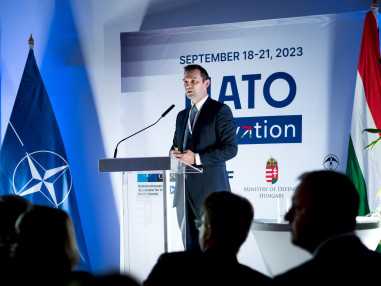
The speakers of the conference – held in Hungary on 19 September with the aim of introducing the Hungarian defence innovation ecosystem – included, among others, Brigadier General Dr. Imre Porkoláb, Ministerial Commissioner for Defence Innovation, CEO of the VIKI. As he said, the lectures were primarily aimed at covering as many areas as possible to give the participants an overall view of the circumstances of Hungarian defence innovation.
Brigadier General Dr. Imre Porkoláb is of the opinion that the response to the Volatility, Uncertainty, Complexity, Ambiguity (VUCA) approach – that is, vision, understanding, clarity and agility – can help the adaptation to the increasingly rapidly changing security environment.
The ministerial commissioner of the Ministry of Defence pointed out the significance of the armed forces development in Hungary that is going on at a very large scale and facilitates the continuous flow of new technologies into Hungary. He noted that a uniform strategy and a whole-of-nation approach are indispensable for achieving the aims such as a resilient society, a fully established Hungarian defence industry and a well-equipped military force that is deployable anywhere.
In closing his lecture, the brigadier general emphasized that Hungary has to focus particularly on three out of the capability development areas specified by NATO, namely the Digital Soldier program, the autonomous systems and the emerging technologies, including cyber capabilities and space systems.
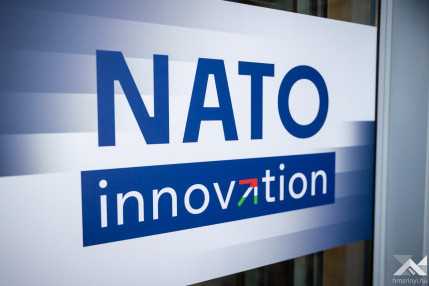
Created at the 2022 Madrid Summit by 22 allied states – including Hungary –, the NATO NIF is a standalone EUR 1 billion venture capital fund, which supports strategic investments into start-ups developing dual-use products as well as emerging and disruptive technologies.
Launched at the 2021 Brussels summit as a network of innovation test centers, NATO DIANA aims at accelerating the development of critical technologies and at connecting developers coming from the civil sector with the armed forces.
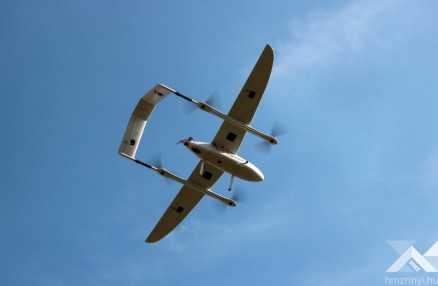
The changed security environment has many challenges in store for the defence sector
10:43 September 19, 2023
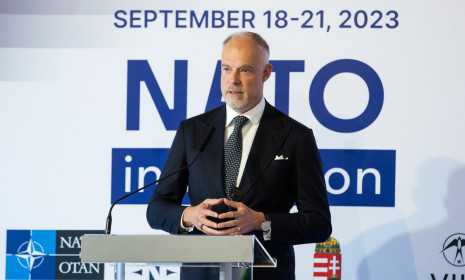
The Hungarian Defence Forces must be supplied with Hungarian-developed and -made equipment
12:06 September 22, 2023
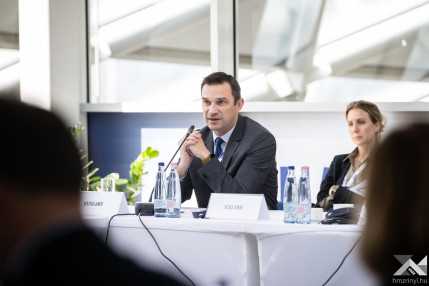
Hungary’s role has become even more important in NATO’s innovation activities
16:19 September 22, 2023
